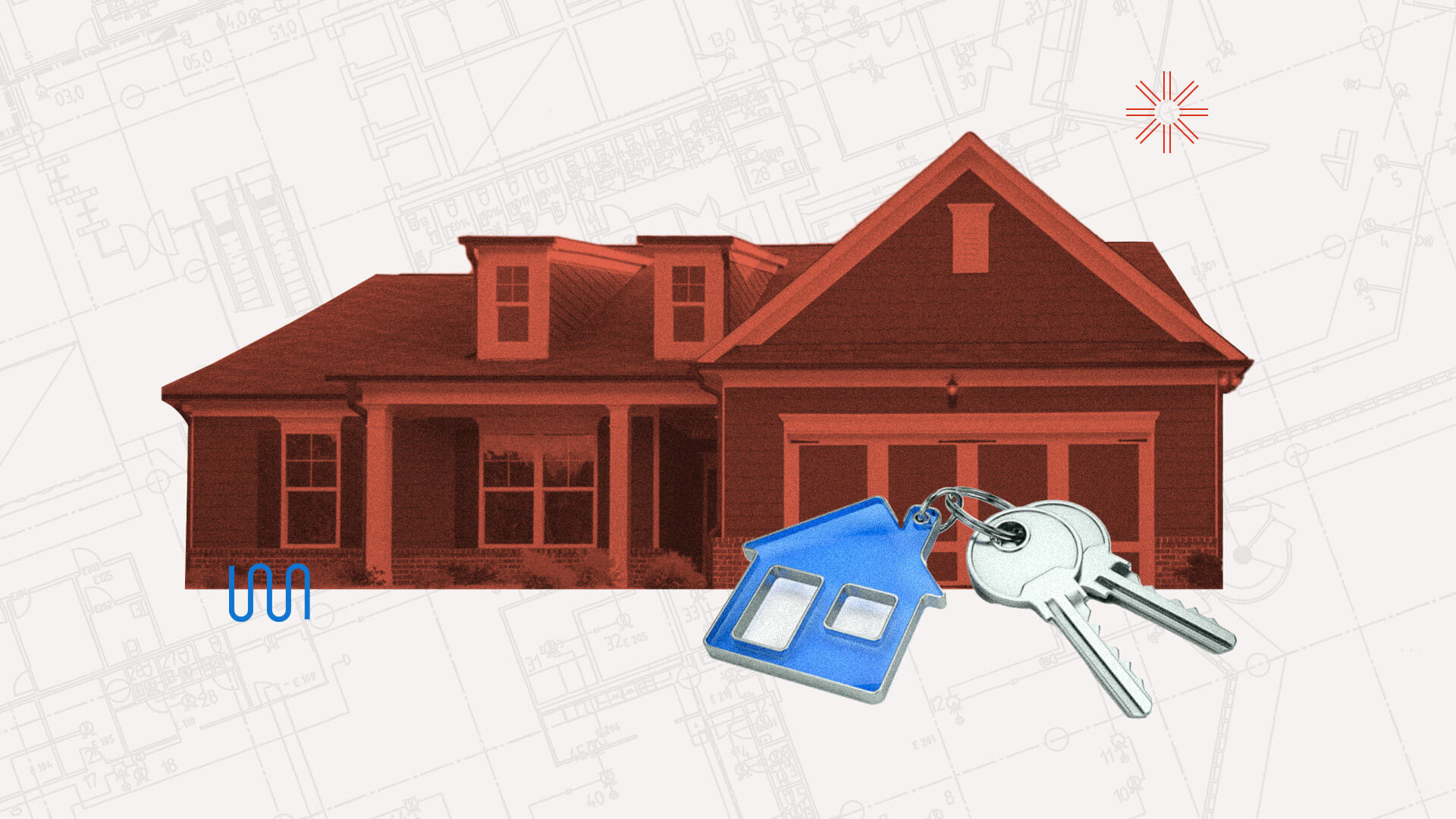
The real estate industry is experiencing drastic changes propelled by a pandemic-induced phenomenon that many industries are grappling with: the major acceleration of technology brought on by the necessity to do business remotely.
Real estate technology is exploding across a host of different parts of the industry. The pandemic has driven a major increase in the use of property technology (PropTech) as companies look for digital solutions to invest in to make remote homebuying possible. From improving the digital user experience to providing real estate professionals with better insights and the ability to do more transactions, we expect major investments in real estate tech to continue in 2022.
Here are a few of the biggest real estate technology trends to look for in the coming year.
Augmented and virtual reality become mainstream
The property search experience has already moved online for millions of people. In fact, according to NAR, 97% of people search for homes online at some point in their buying process. Video tours have gained popularity on major property listing websites as a way to help potential homebuyers get a better sense of a property online.
The next phase in that digital transformation is augmented and virtual reality technology, which makes it even easier to create a home tour experience online. Augmented reality allows homebuyers to do a virtual walkthrough of a house as if they were there in person, and provides a 360 degree view of each room for a much more detailed experience.
Mobile-first experiences create competitive differentiation
While “online” has been used to refer to websites, now (and more often than not) it really means “mobile.” In fact, half of prospective homebuyers use their mobile devices during their home search, with younger generations searching via smartphone at an even higher percentage. Incorporating more comprehensive mobile capabilities (in all aspects of real estate — from listing to closing technology) can help attract a broader array of prospects and improve the customer experience.
Some examples of mobile-first technology include apps that show listings and neighborhoods through video tours, and allow communication with listing agents directly within the app. Or a secure, reliable mobile application for looking at financing options, getting pre-approved and understanding potential payments — one that is as easy to use on a phone as it is to use on a computer. Offering mobile-first options will be a major differentiator in creating loyalty throughout the homebuying process and can drive referral business as well.
Digital transaction technologies enable more virtual closings
Now that it’s possible to perform a virtual mortgage and real estate closing from nearly any location in the United States, more lender and title professionals are upping their capabilities in order to capture rising demand.
At first, the pandemic necessitated virtual closings, including eNotes, e-signing and online notarization. But, the flexibility and convenience have quickly shown prospective homebuyers the value of completing the process digitally. This is why we predict that virtual closings will stick around post-pandemic. A recent study shows that 38% of millennials are comfortable buying a home online, and that number will only grow as the process becomes more mainstream, and as younger generations become the bulk of homebuyers.
Online marketing and analytics tools give lenders insights
Big business has gotten wise to the value of tracking prospective buyers through the sales process, and real estate is starting to wake up to the same opportunity. Tools like customer relationship management (CRM) systems and email marketing software provide lenders, agents and other real estate professionals with the ability to track leads and improve their marketing efforts.
Analytics tools are also becoming a necessity in real estate tech stacks. Real estate professionals can rely on analytics to test the best messaging, offers and processes to maximize efficiency and profit. This allows lenders and agents to focus on the prospects that have the highest potential to close, while leaving the administrative tasks to technology.
As real estate professionals continue to get comfortable utilizing technology to bolster their marketing efforts and work more efficiently, they will begin to see higher transaction volume and more revenue.


